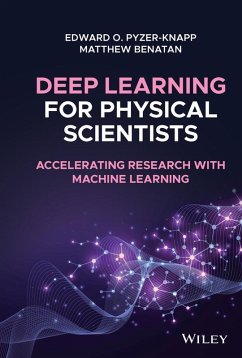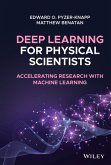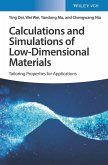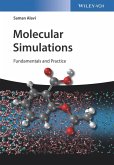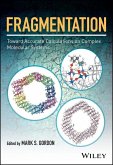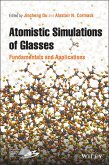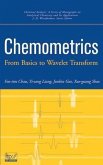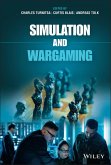Discover the power of machine learning in the physical sciences with this one-stop resource from a leading voice in the field Deep Learning for Physical Scientists: Accelerating Research with Machine Learning delivers an insightful analysis of the transformative techniques being used in deep learning within the physical sciences. The book offers readers the ability to understand, select, and apply the best deep learning techniques for their individual research problem and interpret the outcome. Designed to teach researchers to think in useful new ways about how to achieve results in their research, the book provides scientists with new avenues to attack problems and avoid common pitfalls and problems. Practical case studies and problems are presented, giving readers an opportunity to put what they have learned into practice, with exemplar coding approaches provided to assist the reader. From modelling basics to feed-forward networks, the book offers a broad cross-section of machine learning techniques to improve physical science research. Readers will also enjoy: * A thorough introduction to the basic classification and regression with perceptrons * An exploration of training algorithms, including back propagation and stochastic gradient descent and the parallelization of training * An examination of multi-layer perceptrons for learning from descriptors and de-noising data * Discussions of recurrent neural networks for learning from sequences and convolutional neural networks for learning from images * A treatment of Bayesian optimization for tuning deep learning architectures Perfect for academic and industrial research professionals in the physical sciences, Deep Learning for Physical Scientists: Accelerating Research with Machine Learning will also earn a place in the libraries of industrial researchers who have access to large amounts of data but have yet to learn the techniques to fully exploit that access.
Dieser Download kann aus rechtlichen Gründen nur mit Rechnungsadresse in A, B, BG, CY, CZ, D, DK, EW, E, FIN, F, GR, HR, H, IRL, I, LT, L, LR, M, NL, PL, P, R, S, SLO, SK ausgeliefert werden.

